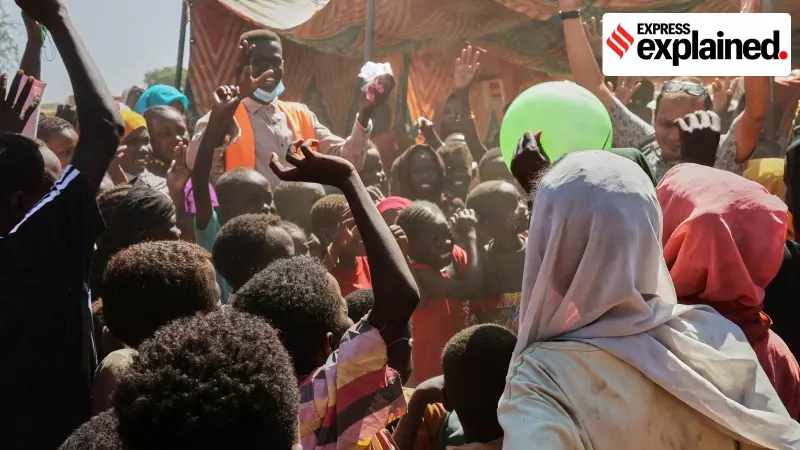
While global attention remains fixated on Ukraine and Gaza, a silent tsunami of human suffering is unfolding in Sudan—a catastrophe of such magnitude that it threatens to redefine humanitarian crises for generations to come.
The Perfect Storm: When History Collides With Present-Day Grievances
What appears as a sudden explosion of violence is actually the culmination of decades of simmering tensions. The current conflict between the Sudanese Armed Forces (SAF) and the Rapid Support Forces (RSF) represents more than just a power struggle; it's the violent eruption of historical fault lines that date back to colonial-era divisions and decades of economic marginalization.
The immediate trigger? A bitter dispute over integrating the powerful RSF paramilitary group into the regular army. But experts warn this is merely the surface manifestation of much deeper problems.
The Human Cost: Numbers That Defy Comprehension
The statistics are so staggering they risk becoming meaningless without context:
- Over 15,000 lives lost in just one year of fighting
- 8.6 million people forcibly displaced—the largest internal displacement crisis globally
- 25 million Sudanese requiring urgent humanitarian assistance
- 90% of Sudan's healthcare facilities no longer functional
- 19 million children out of school, creating a "lost generation"
These numbers represent individual human beings—families torn apart, children traumatized, and communities that took generations to build now shattered in moments.
Beyond Borders: Why Sudan's Crisis Matters to the World
The ripple effects of Sudan's collapse extend far beyond its national boundaries:
- Regional Destabilization: Neighboring countries like Chad, South Sudan, and Egypt face overwhelming refugee influxes
- Global Security Threat: The power vacuum creates fertile ground for extremist groups and international arms traffickers
- Economic Shockwaves: Disruption to regional trade routes and potential impact on global gold markets
- Humanitarian Principle Erosion: The systematic targeting of civilians and aid workers sets dangerous precedents
The International Response: Too Little, Too Late?
Despite multiple ceasefire attempts and international mediation efforts, the conflict continues to escalate. The world's response has been criticized as fragmented and insufficient, with humanitarian appeals severely underfunded and diplomatic pressure lacking the necessary teeth.
"We are witnessing the systematic dismantling of a nation," warns Dr. Amged, a Sudanese academic now in exile. "The international community's selective attention to global crises has left Sudan bleeding in the shadows."
The road to peace remains fraught with challenges, but experts agree that any sustainable solution must address not just the immediate conflict but the historical injustices that made this explosion inevitable.





